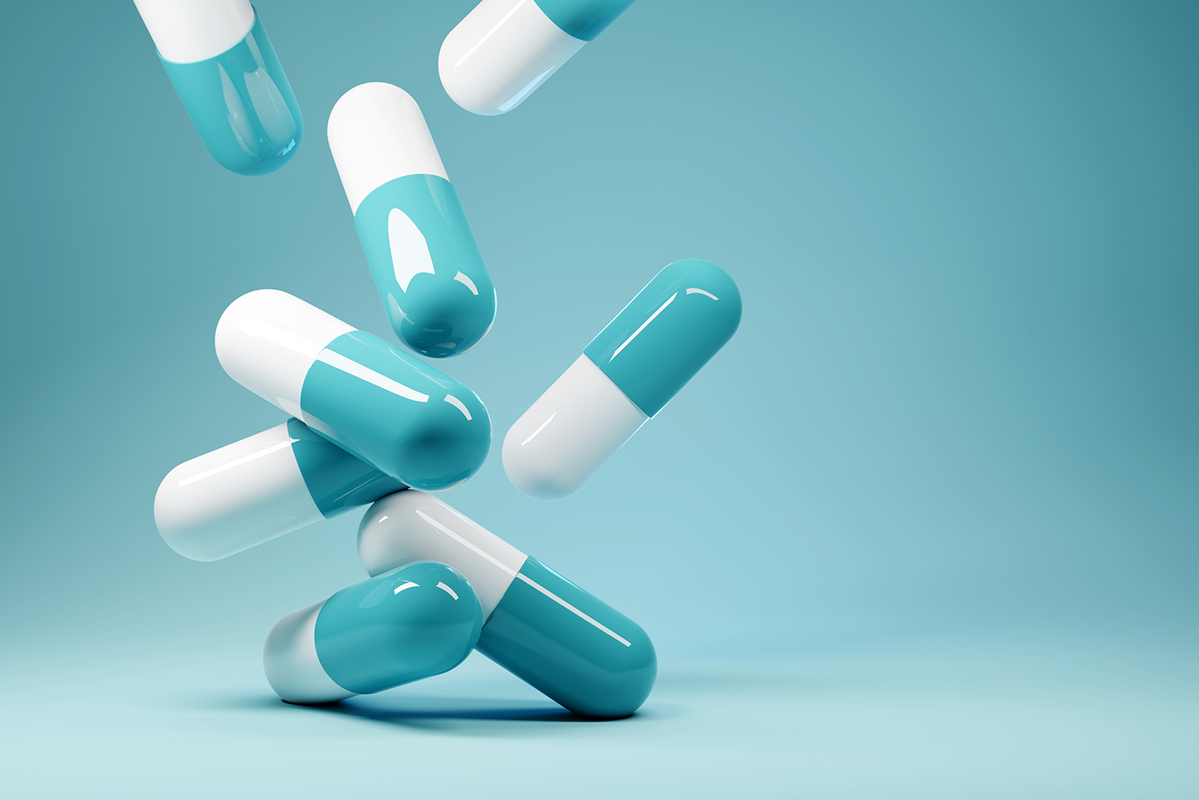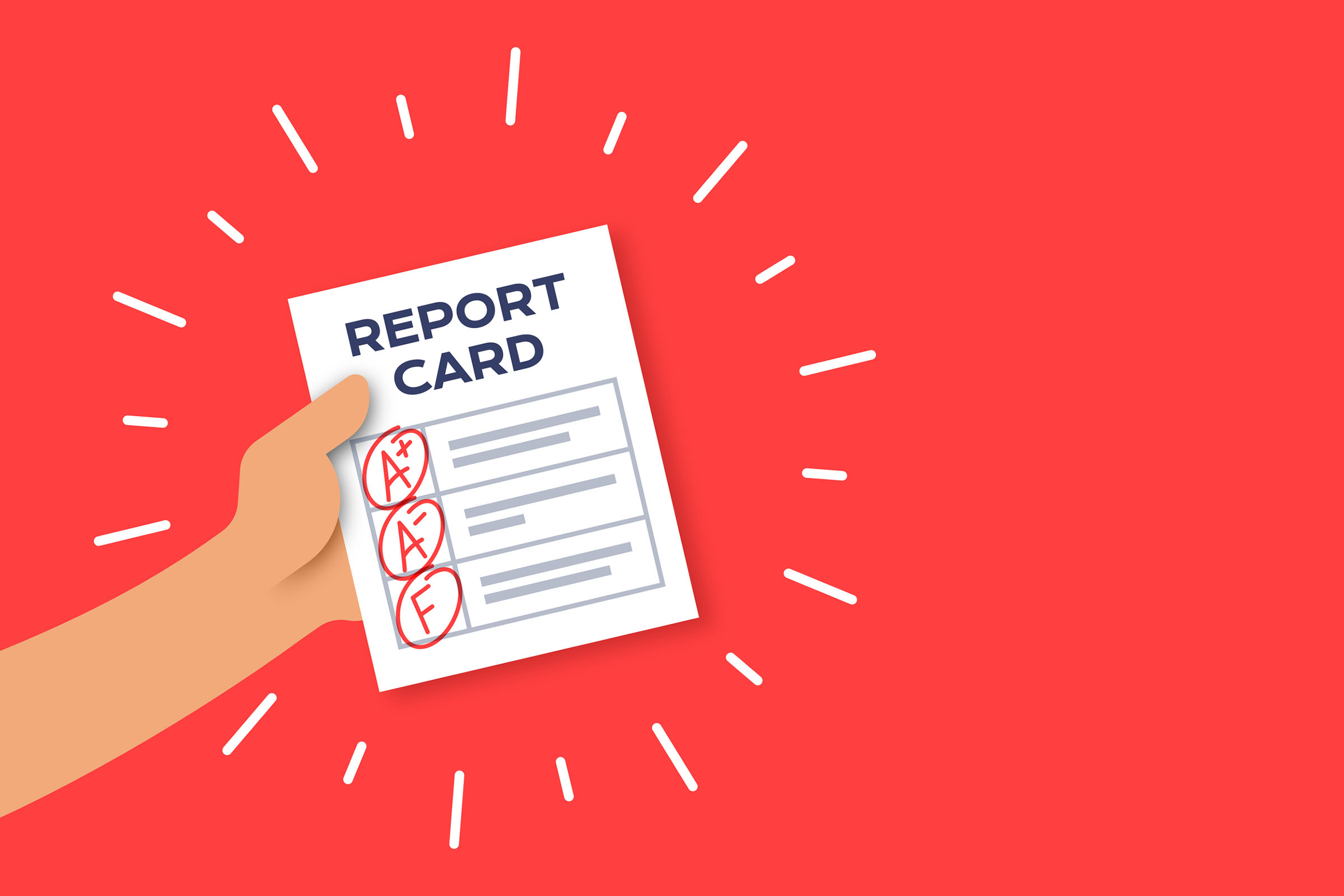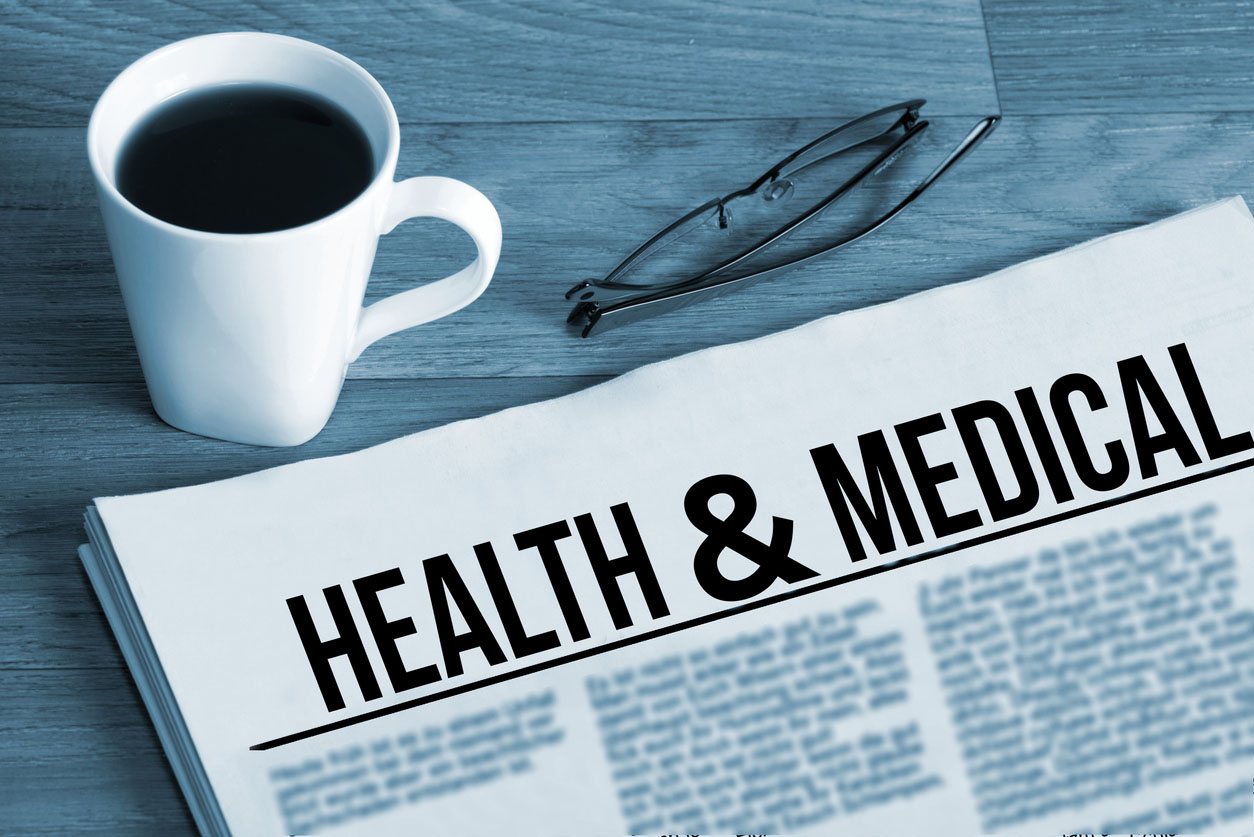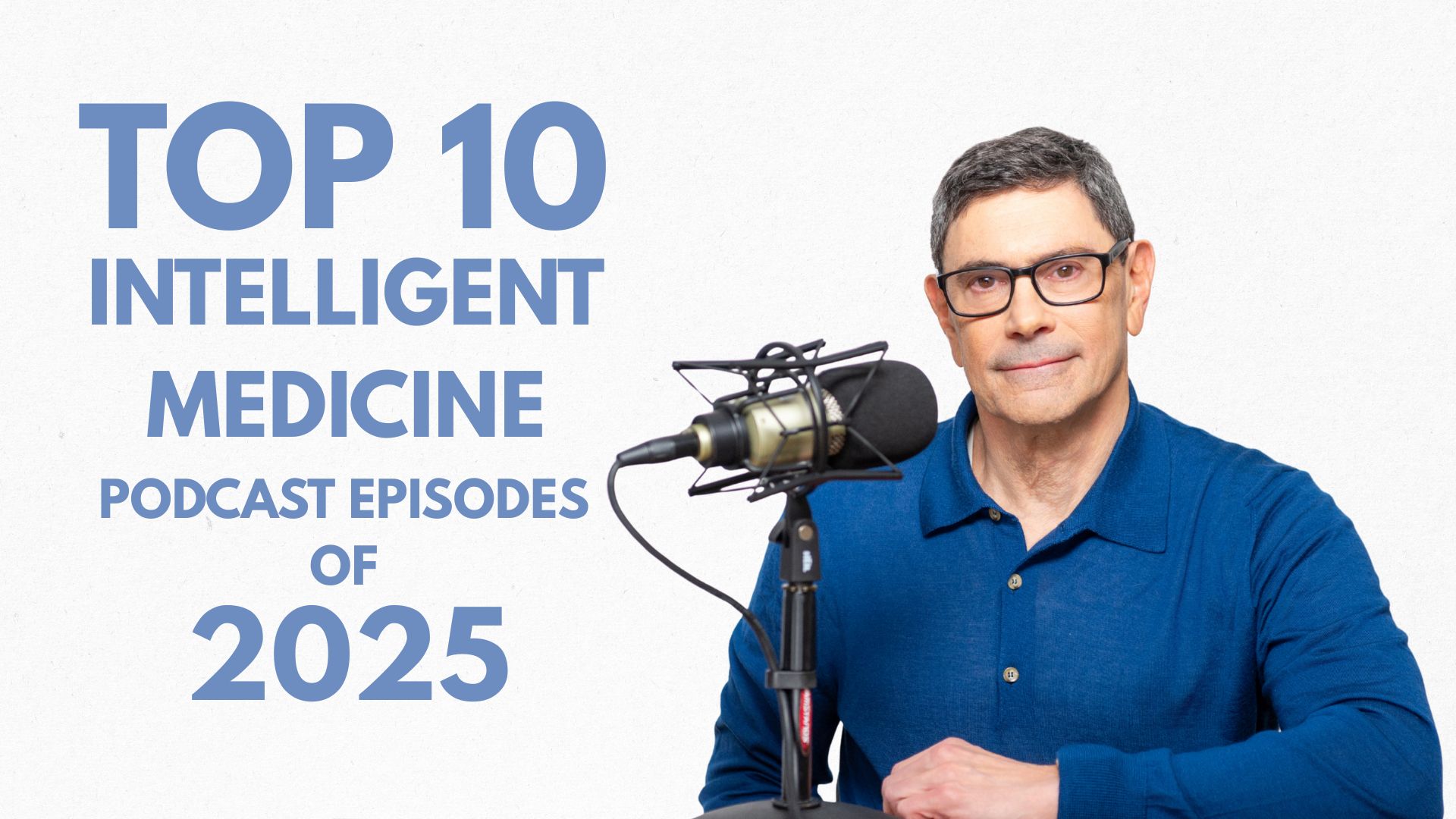It seems not a week goes by that we’re not regaled with news of a “breakthrough” treatment that promises relief from one malady or another. Most of these are expensive, and some come with an array of harrowing side effects. Plus, they’re often of marginal efficacy. And in many cases, there are simpler natural fixes, if only people would adhere to diet and lifestyle recommendations. Do we really need these, or are they just enriching Big Pharma and orthodox medicine at our expense?
Here are a few of my nominations for recent medical “breakthroughs” that we don’t really need:
A New $16,000 Postpartum Depression Drug Is Here: Medpagetoday reports that Zurzuvae has been approved for marketing as a treatment for severe postpartum depression. The article speculates as to whether insurers will foot the anticipated bill ($15,900) for a 14-day course.
Postpartum depression is a severe debilitating condition that sometimes prevents new mothers from caring for their infants; they may even become suicidal. According to The March of Dimes: “It’s strong feelings of sadness, anxiety (worry) and tiredness that last for a long time after giving birth.” Postpartum depression has been invoked as a legal defense in cases where women harm or even kill their babies. It’s said that one in seven mothers experience it to some degree or another. Zurzuvae has only shown modest efficacy in the clinical trials used to obtain FDA approval. The studies have been criticized because there was a placebo effect of up to 75%. Because of unknown hazards to the neonate, it’s recommended that women who take Zurzuvae refrain from breast feeding.
Zurzuvae’s numerous side effects include drowsiness and dizziness which may preclude driving; it may occasionally even increase the risk of depression and suicide.
Instead, why not concentrate on expanding social and psychological support for new moms? Or make sure women have adequate supplementation with Omega-3 fatty acids, B vitamins, magnesium, and iron, as appropriate? A 2018 study found a relationship between vitamin D and the incidence of postpartum symptoms. Then there’s thyroid: Natural perinatal fluctuations in thyroid hormone metabolism sometimes require tailored prescribing.
Plaque-busting Alzheimer’s drugs: A “cure” for Alzheimer’s has been ballyhooed with the approval of new drugs that target the amyloid plaque that gunks up the brains of patients with dementia. Recently Lecanemab gained full authorization as a treatment for early Alzheimer’s.
But many doctors are skeptical. First, it’s still hard to diagnose Alzheimer’s early enough for the drugs to make a difference. New brain imaging tests and even blood tests are arriving that should make pinpointing the condition easier. Many argue that, especially in view of the paucity of plausible treatments, diagnosing Alzheimer’s early won’t make a difference.
Then there’s the cost and side effects. According to an article in The Guardian, “around three-in-10 people taking lecanemab or donanemab in clinical trials developed a condition known as amyloid-related imaging abnormalities, abbreviated to ARIA, a condition which can cause brain swelling or hemorrhaging.” Lecanemab may even cause brain shrinkage, with unknown long-term implications. This requires frequent MRI monitoring, which adds to lecanemab’s annual expense of $26,500.
If widely adopted, it’s estimated that the annual cost of these drugs to Medicare would be two to five billion dollars.
Finally, there are questions as to their efficacy. A public health doctor researching dementia risk reduction with the University of Cambridge in the UK, is quoted in the Guardian article:
“Those who have reported it being ‘an extra six months at higher function’ are on shaky ground scientifically I think. The trials didn’t measure recognition of a loved one, ability to drive, any of these things – extrapolating in this way is not really justified by the evidence we have. It’s pure speculation.”
In an op-ed entitled “Manufacturers need to be more open about a dangerous Alzheimer’s drug side effects”, dementia specialist Dr. Madhav Thambisetty warns:
“1-2% of patients treated with these drugs experience serious symptoms due to ARIA including headache, seizures, delirium, impaired speech, problems with vision, and muscle weakness. Alzheimer’s clinical trials typically run for 18 months — what happens to the memory and functional abilities of these patients after these trials end?”
Instead why not focus a small fraction of the drug’s development costs to prevention via lifestyle, a theme Intelligent Medicine frequently reiterates?
The “little pink pill” for female sexual dysfunction: The term Female Sexual Dysfunction—FSD—(alternatively referred to as Hypoactive Sexual Desire Disorder or HSDD) has been coined to describe an age-old condition: Lack of interest in sex by some women at some life stage. Some argue that this amounts to medicalization of a vague condition hitherto acknowledged as natural.
Enshrinement of the diagnostic category of FSD has led to a “Holy Grail” quest for the key to unlock female libido. Unlike for men, who can get erections from Viagra and similar drugs, female sexual response is not simply a matter of hydraulics. Testosterone and DHEA work for some women, but they’re by no means panaceas.
Enter Addyi, the first drug approved for treatment of FSD. Addyi is not a hormone; instead, it works on neurotransmitters like dopamine in the brain that are associated with sex drive and response.
But even in the clinical trials leveraged to obtain FDA approval for Addyi, only 10% of women reported “meaningful improvements in satisfying sexual events, sexual desire or distress.” This amounted to an average of an average of 0.5 to 1 additional satisfying sexual experience per month.
I’m tempted to wonder what constitutes a half-satisfying sexual event?
Side effects of Addyi include dizziness, drowsiness, nausea, fatigue, and even fainting—all decidedly unromantic.
I looked up online reviews of Addyi, and, while a few were positive, here’s one unhappy customer:
“From day one I felt different. I was drowsy all day for the two months I was on it. On top of that, the dizziness and headaches were nearly unbearable. Driving was terrifying because half the time I couldn’t see very well. But of course I would do anything for my husband. Finally I visited my doctor and explained it to her. My RESTING heart rate was at 140 bpm. (I’m 23, and weigh 110 lbs, and am very healthy). She was furious and shocked that this Addyi company didn’t have full disclosures of all the side effects.”
Although hailed as a breakthrough for women upon its approval in 2015, for obvious reasons, Addyi has far underperformed the blockbuster success of men’s erectile dysfunction drugs; it didn’t come close to “leveling the playing field” between the sexes.
I think that women’s brains—where their libidos reside more so than their reproductive organs—are even more vulnerable than men’s to the subtle effects of relationship problems. Moreover, birth control pills, standard menopausal hormone replacement therapy, anti-depressants, and many other drugs that women frequently take are notorious libido-killers.
In terms of supplements, my go-to’s for FSD are DHEA (best taken under medical supervision) and Maca. Menopausal HRT should always be balanced with small amounts of testosterone to offset androgen suppression that inevitably occurs with estrogens.
Even diet may matter: “Incorporation of healthy dietary patterns into everyday life may positively influence female sexuality”, according to a recent study.
In a subsequent newsletter article, I’ll tackle more overhyped “breakthrough” treatments that we don’t really need.








